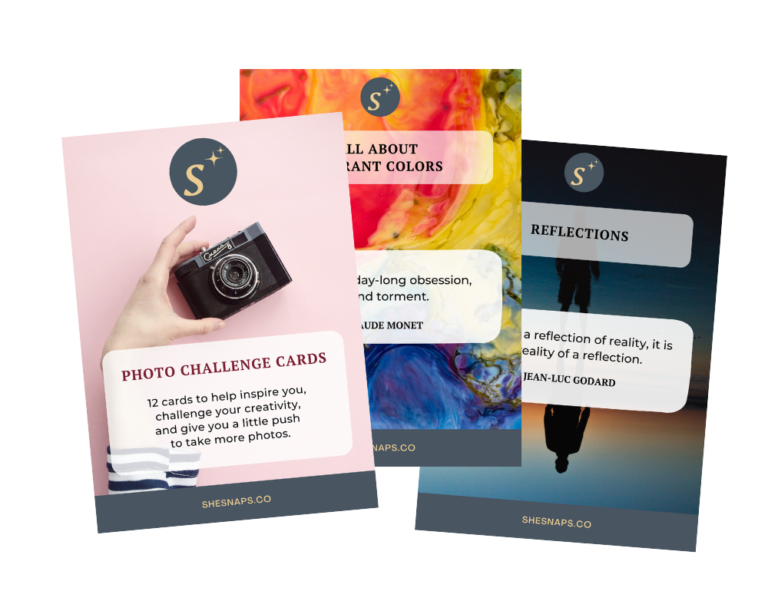When I first started my photography career, I was already working a full-time job and photography was something I did on the side. It was my weekend hobby and I treated it as such for the first two to three years. There would be weekends when I would be out all day photographing friends and family and other weekends when my gear would be locked up in my storage closet, gathering dust. I had no goal or plan on where I wanted to go with this “side hustle” that I found myself in. Sure, it was bringing in some money but nothing I could pay my bills or live off of.

I distinctly remember checking out the work of many photographers who seemed to have it together and wondering what I was doing wrong. It wasn’t until I got my first inquiry for photographing a wedding that I really took myself seriously. I realized that my style and my work were appealing enough for someone to hand over documenting one of the most important days of their lives. That was a pivotal point in my career. Since then, I have treated my photography as a business and not just a hobby (although there is nothing wrong with it being a hobby). My aim with my photography these days is to become the photographer I wanted to be 11 years ago when I first picked up a camera.
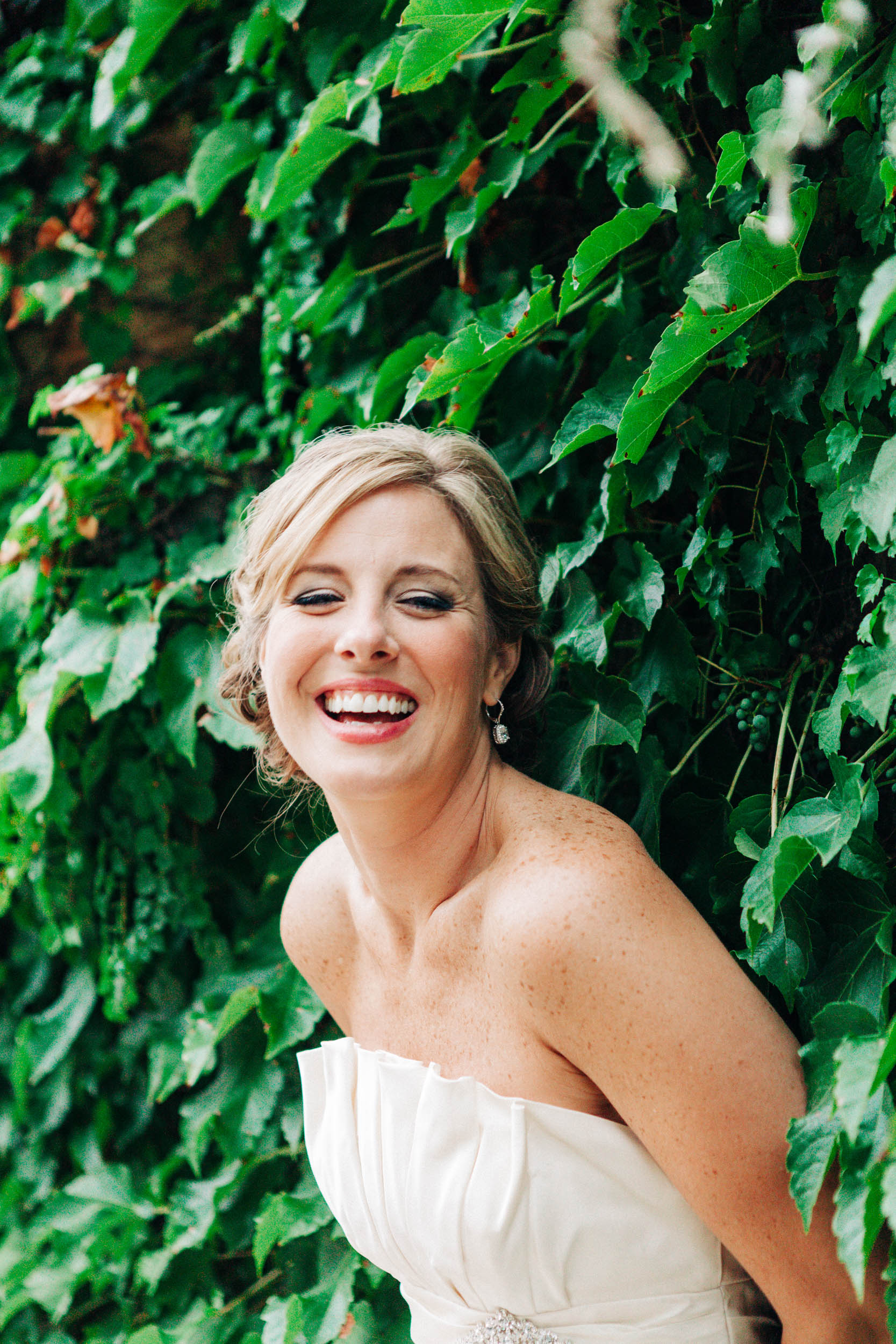
To that end, there are a few things that I did that worked in helping me achieve my goals. I still have a long way to go but, in this guide, I want to share a few tips on how to become the photographer you set out to be!
#1 Let Go of Perfection
It is human nature to always strive for perfection especially for us women. Whenever we start something, we always want to excel in it as fast as possible. While that is a lofty goal to have and can certainly drive us to succeed, we need to understand that perfection is a myth. When we chase perfection, we tend to lose sight of all the progress we have made to get to that point. This applies more so in photography as well. When you think of photography as an art form, you will understand the creative element of photography. Sure, there are some rules but guess what, rules are meant to be broken, right? Always remember that there is a market for every type of art form and that is the same with photography. So, while it is great to learn the technical elements of photography and understand how your camera works, let go of perfection when it comes to your art form. Sometimes blurry images showcase emotive reactions. Faceless portraits provide an element of mystery and curiosity. And Black & White is just as beautiful as a matte-toned finish.
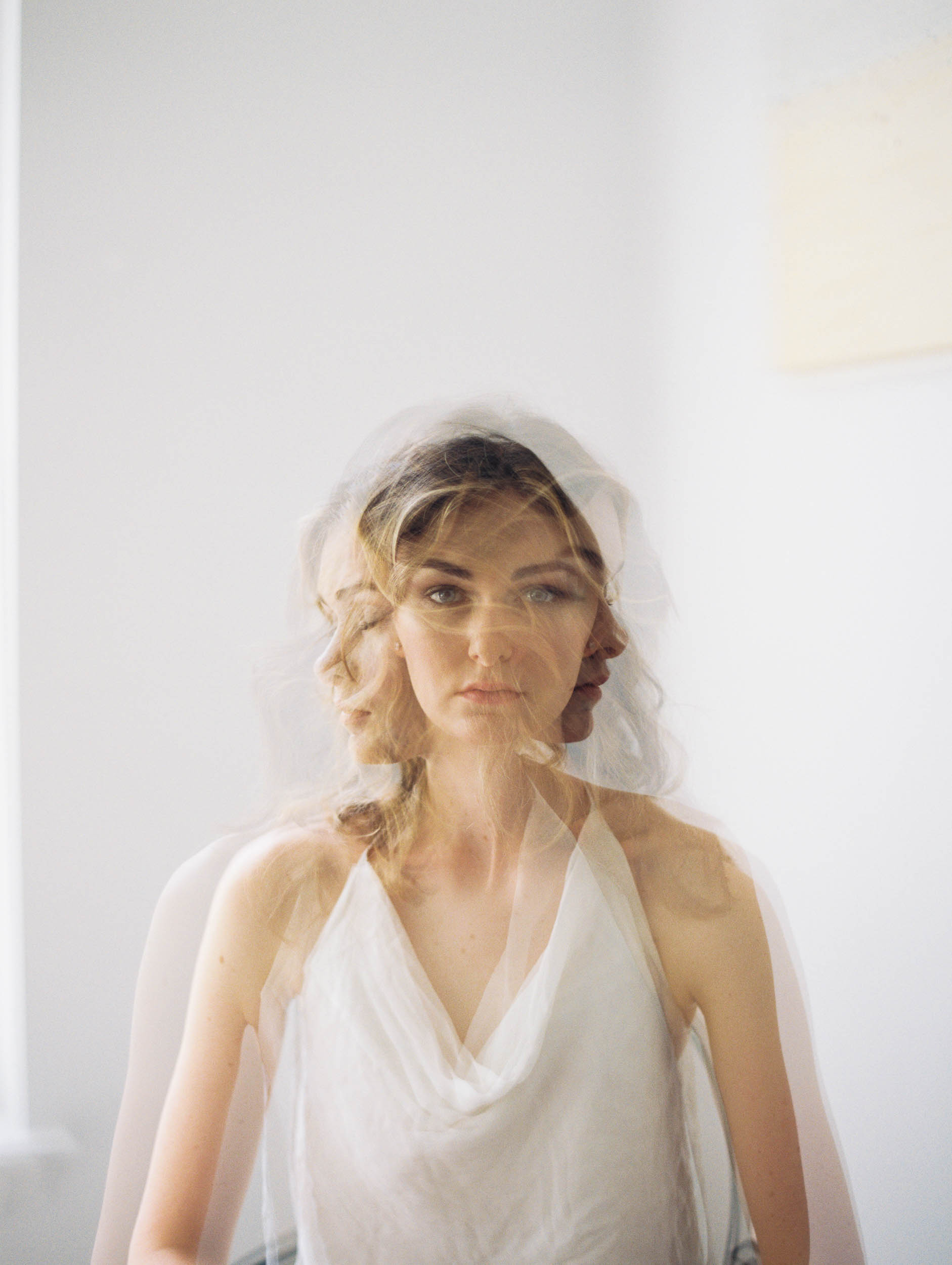
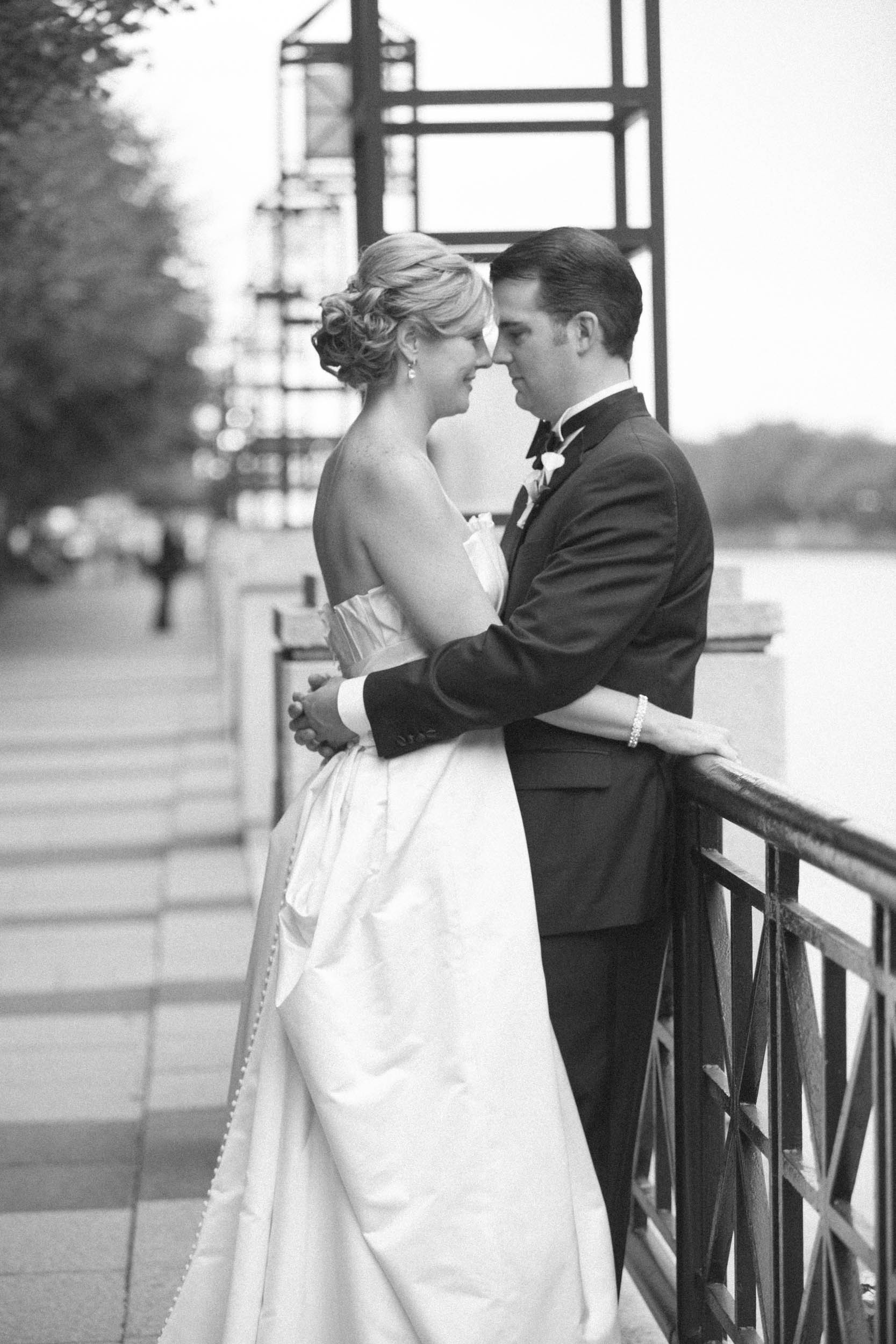
#2 Keep a Positive Mindset
Our life is often a reflection of our attitude. Without even noticing, it’s easy to become negative and bitter towards the world and the photography industry. Why are some people more successful than us? Why do some photographers get all the jobs? Why can’t I book more clients? The questions can go on forever.
Not only does a negative attitude stop you from enjoying your life, but it can also have a significant impact on your work and your craft. After all, you love this art form. That’s why you’re here, right? You want to learn, engage, and get better at it. The energy a person brings with them is contagious. We all have bad days, no matter how people portray themselves. Every time I feel angry or jealous of someone else’s success, I remind myself that just because I can see what they’ve accomplished doesn’t mean I know what they’ve gone through and sacrificed to get there. One of the best things you can do for your passion for photography is to have a positive attitude.

Negativity also breeds feelings of imposter syndrome. It is loosely defined as doubting your abilities and often feeling like a fraud in your chosen career path or skill. It affects all of us at some point or the other and is known to disproportionately affect high-achieving people. Imposter syndrome is when you begin to question your accomplishments and perceive yourself as not deserving of accolades. While it might be difficult at first, try to overcome it with a positive attitude and a positive outlook on your skills.
#3 Make Industry Friends
Go ahead and reach out to your fellow photographers. Make friends in the industry. I belong to many Facebook groups and WhatsApp groups for creatives and photographers. We meet, chat, connect over business issues as well as offer advice and help as needed. I also am a part of a group with many kinds of women entrepreneurs who are looking to build a community of like-minded people and professionals. Sure, I have gotten business from these groups but more importantly, I have made lifelong friends and mentors that mean so much more than just a monetary benefit. No matter what level of business you are at or even if you are just a hobbyist, there are always people who are just like you and are looking for the same things as you – friendship, love for photography, and camaraderie. Give out as much as you can, be helpful and uplift others who are on this journey with you. The more you put out there, the more you will receive from the universe.
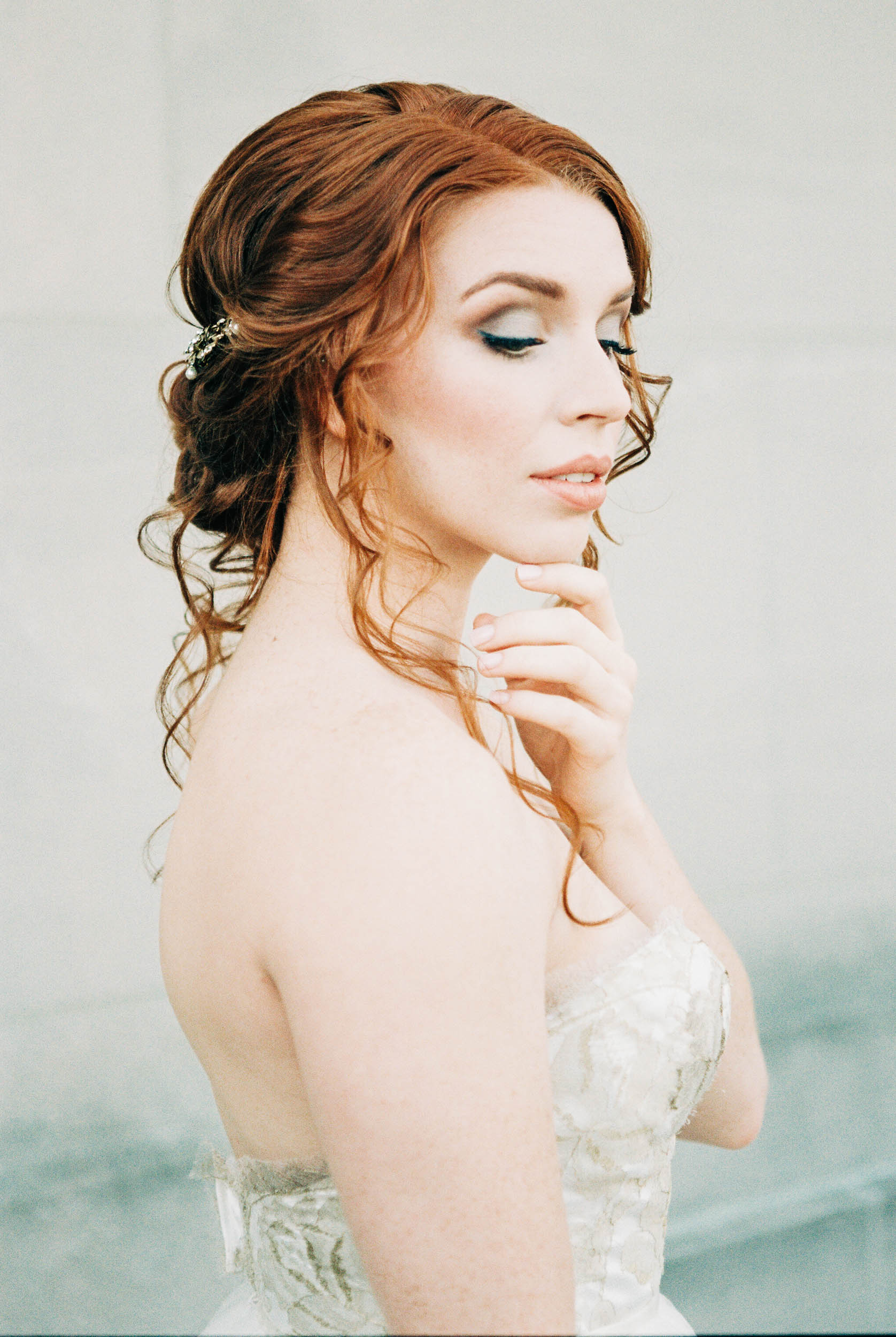
Another thing to explore is going to photography conferences. These events are a treasure chest of information, connection, and inspiration. We all know that there is nothing quite like getting a bunch of photographers in a room to talk shop and discuss the latest and greatest gear and techniques. Most conferences and events get the best speakers and teachers, so this is a great way to increase your skill set and also meet some of your mentors and peers.
#4 Try Everything
The thing with photography like any other career or hobby is that it takes time to produce work you are proud of. It might seem like some people enjoy overnight success but there is no such thing. It takes consistency. Don’t be a one-hit-wonder. Create and produce new work. Even if that work is just for you, personal projects, or collaborative projects. Try everything. When I first started out, I was hungry for practice. So, I would take up all different kinds of shoots. I even tried newborn photography and I have to say it absolutely terrified me. After a few stressful shoots and not quite getting the look and feel I wanted, I decided that newborn photography was not for me. And I am glad I did that experiment to understand what I did NOT like.
If you must do ‘free’ or ‘low budget’ shoots, have a plan on when, how, and what you are going to get and give from these shoots. Spending 6 months providing free shoots or low-cost shoots to build up your portfolio is okay but taking 2 years to do so is a bit much.
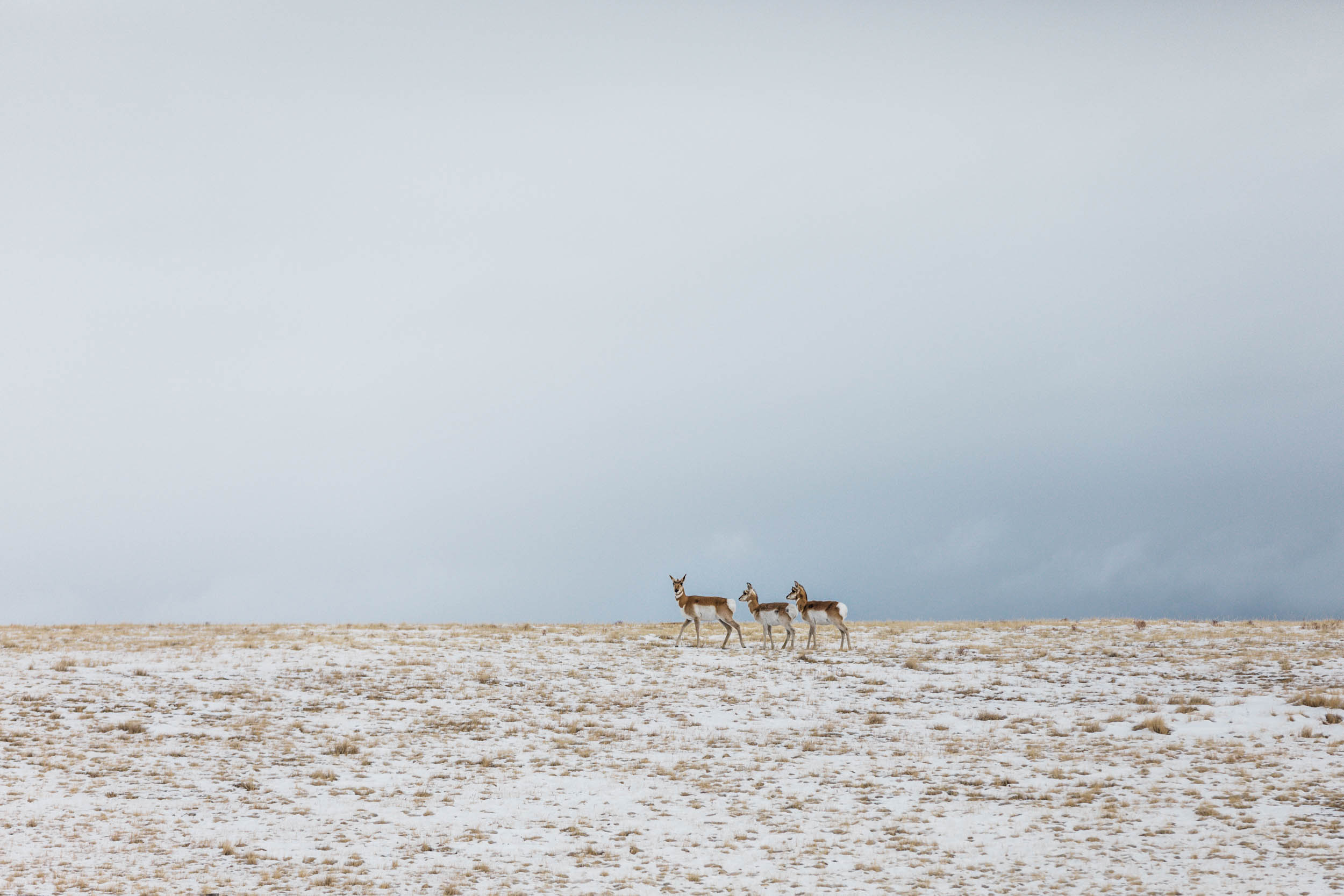
#5 Be Open To Change
One of the best things you can do for your photography is getting your photos critiqued. Sure this is a hard pill to swallow at times but if you take the stance that critiquing is getting objective feedback on what you see versus what others see, then it is a great way to grow. When I first started, a photographer friend told me that she felt my photos were a second too late. Like I had just missed the crucial moment. It took me a bit to accept and react to that statement. Now it is something I remember and keep an eye out for when I take photos. Am I a second too late or did I accurately capture the moment?
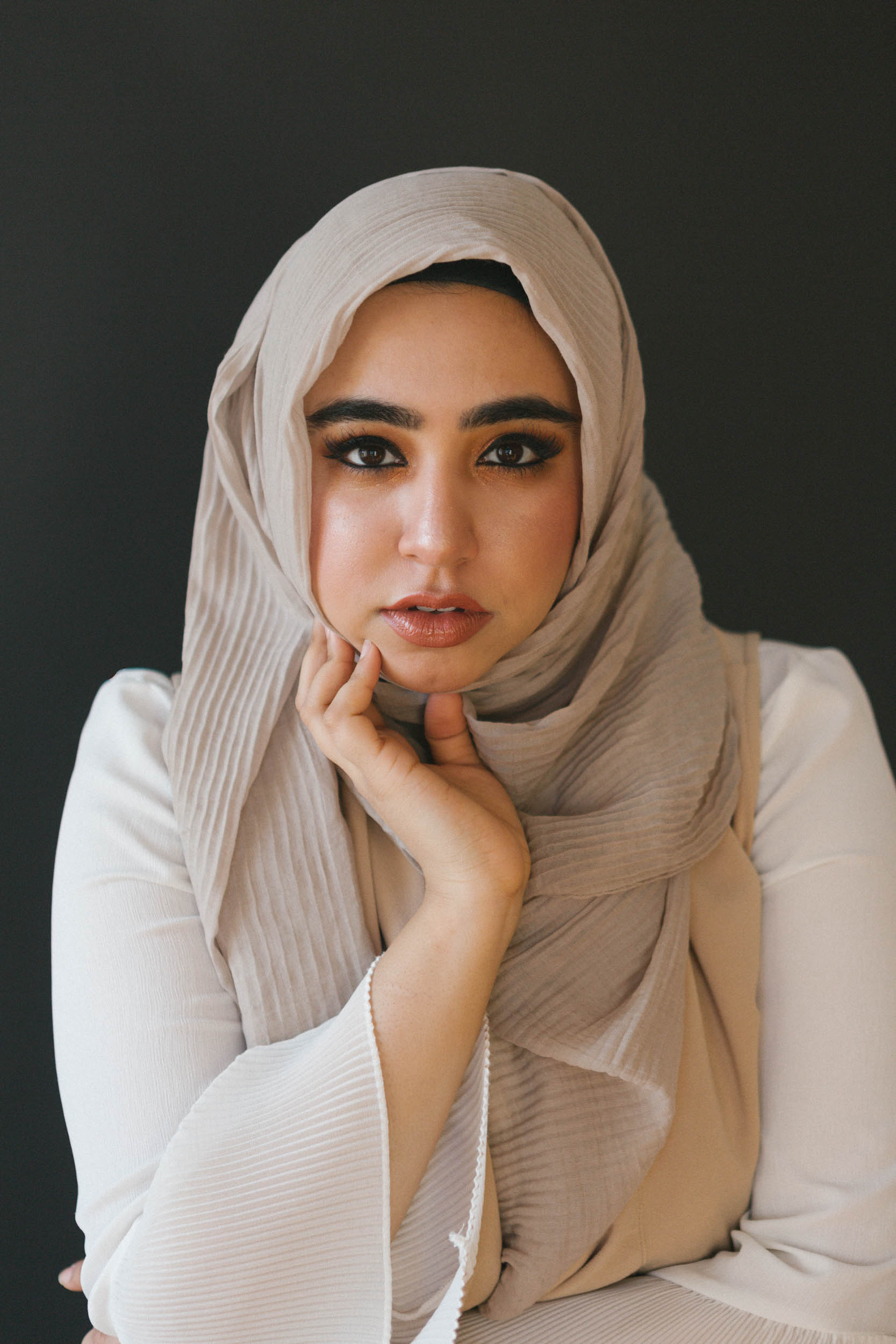
If you have a chance to critique the work of others, do it. Critiquing the work of others helps train your eye to see things in your own work. The separation between yourself and the moment gives you a more objective view. It helps you to see flaws and successes in composition, light, and processing more clearly. Then, when you pick up your camera and photograph, you’ll know to pay attention to these things in your own work. However, remember when critiquing the work of others, be objective, be nice, and more importantly be civil. The best critiques don’t tear someone down; they open doors to opportunities to improve.
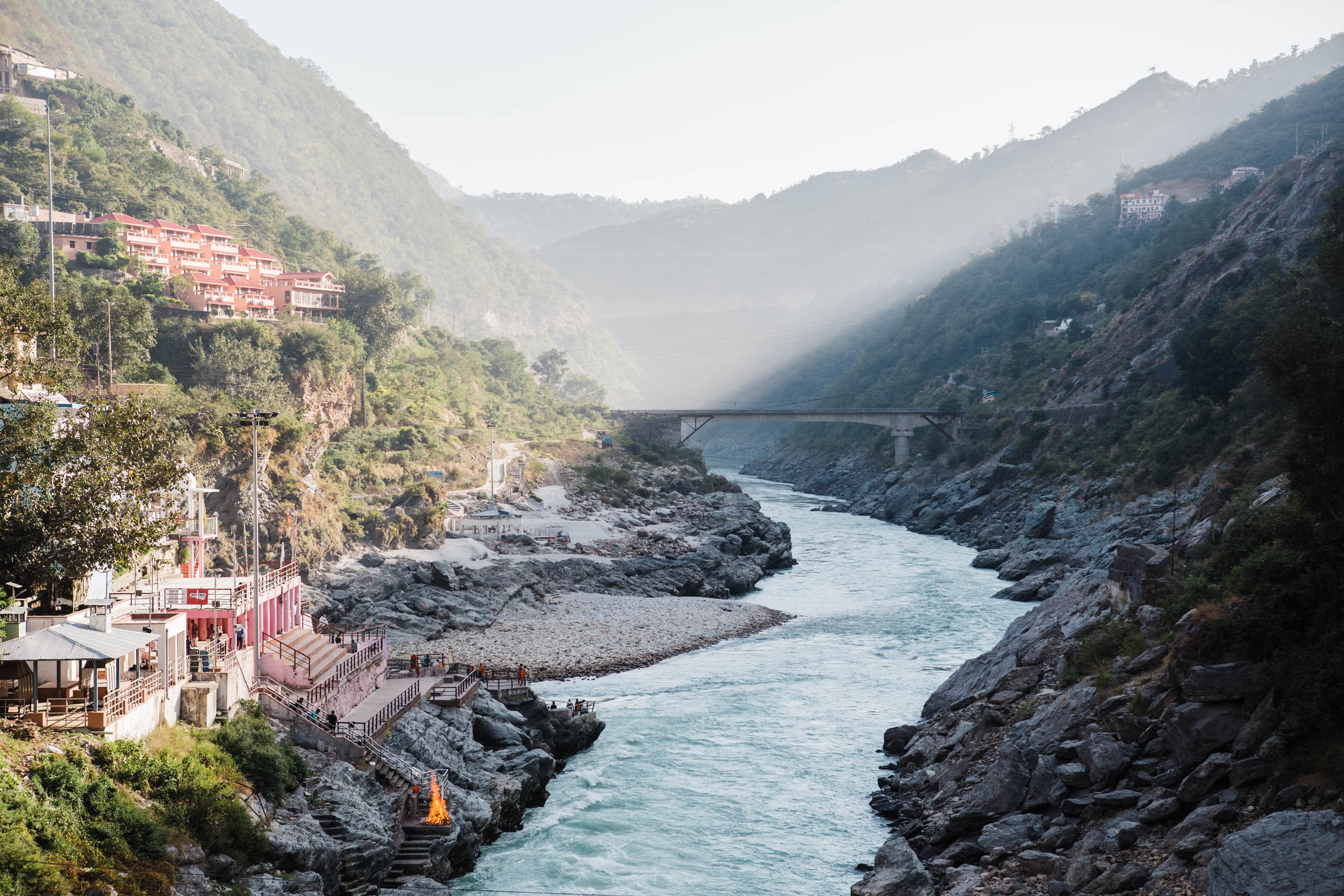

Remember this whole journey is a learning process. Don’t be afraid to learn and experiment and understand that everyone goes through a similar experience to get to that point when they feel proud of the images they create.
Key Learnings Quiz:
- What is the right time frame for a photographer to make it?
- One year
- Five years
- Eight years
- Lifelong
- Why are industry peers important for your photography growth?
- Should you pick one genre of photography when you are first starting out?
- Yes
- No
- Is thinking in frames a good skill to practice or should you always let your camera decide the framing?
- Why is self-critique and critique by others important in your photographic journey?
Cover Photo by Karthika Gupta

